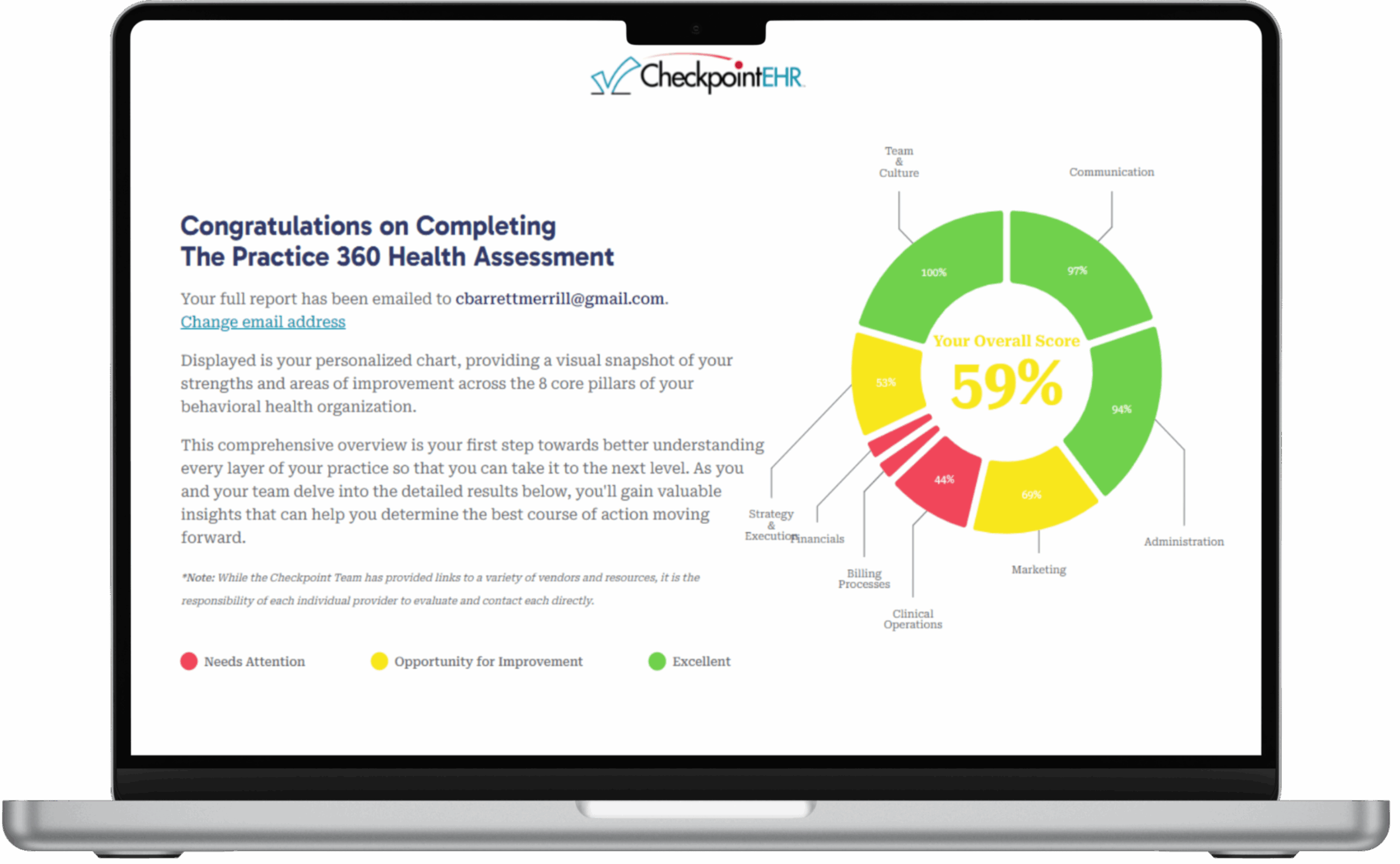What’s the Difference Between MCOs and PHPs?

If you’re a behavioral health provider accepting Medicaid, understanding the complexities of different types of managed care programs is crucial for optimizing your practice. Two key terms you’ll encounter are Managed Care Organizations (MCOs) and Prepaid Health Plans (PHPs). Although these terms are often used interchangeably, they represent distinct structures and operational models. Let’s break down the differences between MCOs and PHPs, focusing on what each offers and how they impact behavioral health providers.
What is an MCO?
A Managed Care Organization, or MCO, is a type of health plan contracted with the state to manage Medicaid benefits. MCOs function as intermediaries between healthcare providers and Medicaid, taking on a portion of the state’s risk in providing coverage to Medicaid enrollees. They work with networks of providers to coordinate and deliver a range of healthcare services while focusing on quality and cost containment. For behavioral health providers, MCOs streamline payment processes, offer value-based incentives, and help reduce administrative burden by managing claims, authorizations, and utilization review.
Key Features of MCOs:
- Cost Control: MCOs are designed to keep healthcare costs manageable for the state by focusing on preventative care and efficient resource use.
- Network Management: MCOs build networks of healthcare providers, negotiating contracts and reimbursement rates to ensure Medicaid enrollees have access to care.
- Quality Assurance: MCOs typically measure performance on quality metrics and may offer incentives for high-quality care or value-based arrangements.
- Comprehensive Coverage: Most MCOs offer a range of services covering physical, behavioral, and sometimes social determinants of health.
What is a PHP?
A Prepaid Health Plan, or PHP, is a narrower type of managed care arrangement that provides coverage for specific services or populations within Medicaid. While MCOs offer a comprehensive range of healthcare services, PHPs are usually limited to a certain subset of services, such as behavioral health or long-term care. PHPs receive a set payment per enrollee—hence “prepaid”—which allows them to focus specifically on the services they are contracted to cover.
Key Features of PHPs:
- Focused Coverage: PHPs are typically responsible for a limited range of services, such as behavioral health or specialized medical services.
- Capitated Payments: PHPs operate under a capitated payment model, where they receive a fixed payment per member, per month, regardless of the services used. This model encourages PHPs to manage care efficiently.
- Provider Collaboration: PHPs work closely with providers in their specialty area, often developing specialized support programs and case management services tailored to the needs of the population they serve.
- Less Comprehensive: Unlike MCOs, PHPs usually don’t cover primary care, meaning enrollees might have separate coverage for different healthcare needs.
Comparing MCOs and PHPs
While both MCOs and PHPs are types of managed care plans, they differ significantly in terms of scope, payment model, and approach to care coordination. Here’s a breakdown of the main differences:
| Feature | MCOs | PHPs |
| Coverage Scope | Broad, includes most medical services | Limited to specific services (e.g., behavioral health) |
| Payment Model | Capitated, with focus on cost control | Capitated, focused on specialized services |
| Provider Networks | Comprehensive, broader network | Specialized, narrower network |
| Quality Metrics | Emphasizes general health outcomes | Focuses on outcomes related to specific services |
How Do MCOs and PHPs Impact Behavioral Health Providers?
Contracting and Reimbursement
Behavioral health providers contracted with MCOs may need to navigate broader networks and adhere to a variety of general health quality metrics. PHPs, on the other hand, often tailor their metrics to specific services within behavioral health, allowing providers to focus on outcomes that are highly relevant to mental health and substance use disorders. Providers working with PHPs may find more specialized support but may also have a smaller network of available clients due to the focused nature of PHPs.
Coordination of Care
MCOs manage a wide spectrum of care, which can streamline the process for patients with multiple healthcare needs, including both physical and mental health services. PHPs may require additional coordination with other health plans that cover non-behavioral services, which can add an extra layer of complexity. However, PHPs may also offer more robust case management or other resources tailored to behavioral health needs.
Financial Considerations
Both MCOs and PHPs operate on a capitated payment model, but the specific rates and financial incentives may differ. MCOs may have greater resources for value-based care initiatives, while PHPs might provide more predictable reimbursement in areas like mental health. Understanding the payment structures of each can help you maximize reimbursement rates and incentives within your practice.
Administrative Requirements
MCOs generally come with broader administrative requirements to ensure comprehensive service delivery across different types of care. PHPs may have more streamlined requirements but could demand adherence to specific behavioral health documentation or reporting standards. Understanding these administrative requirements can reduce the likelihood of denied claims and improve practice efficiency.
Choosing the Right Partnerships
Deciding between contracts with MCOs and PHPs depends on the unique needs and goals of your practice. If your focus is primarily on behavioral health, a PHP may offer a more specialized environment, with metrics and care coordination tailored to mental health. However, an MCO may be advantageous if you provide a range of services and want access to a broader network of clients with multiple healthcare needs.
By understanding the fundamental differences between MCOs and PHPs, behavioral health providers can make informed decisions that align with their practice model, improve client outcomes, and maximize financial sustainability. Whether you partner with MCOs, PHPs, or both, staying informed about these models can help your practice thrive in the ever-evolving world of Medicaid managed care.
Up Next… Article #7 in our Medicaid Blog Series: What’s an Ombudsman? (And how they can help your Practice)



